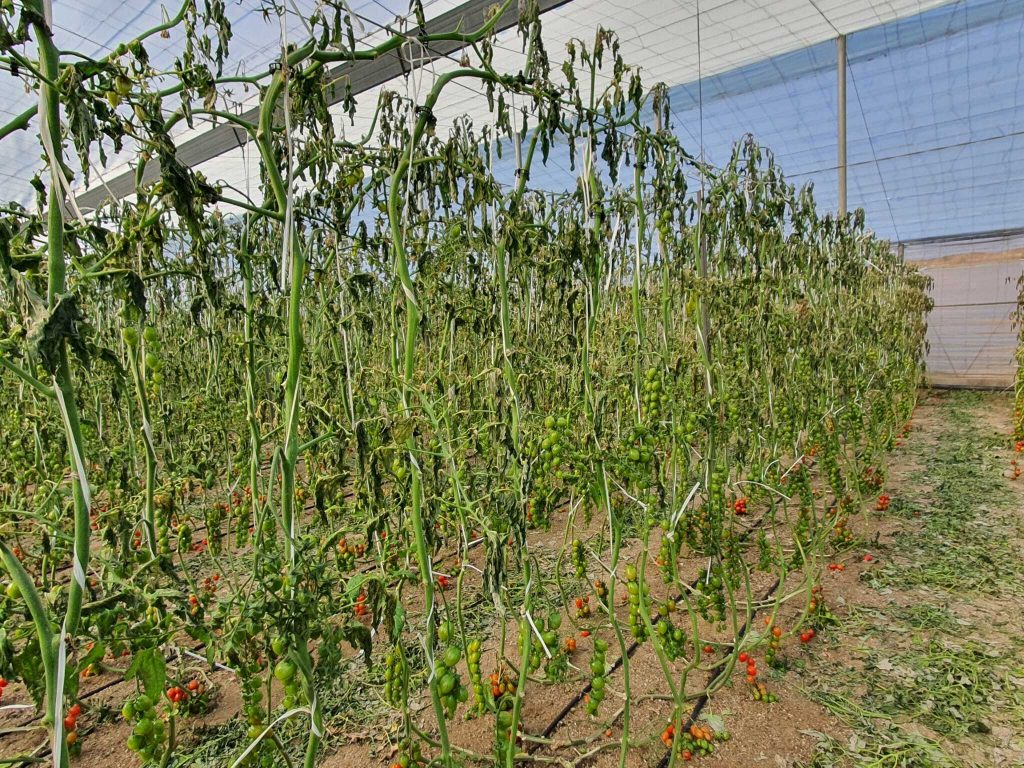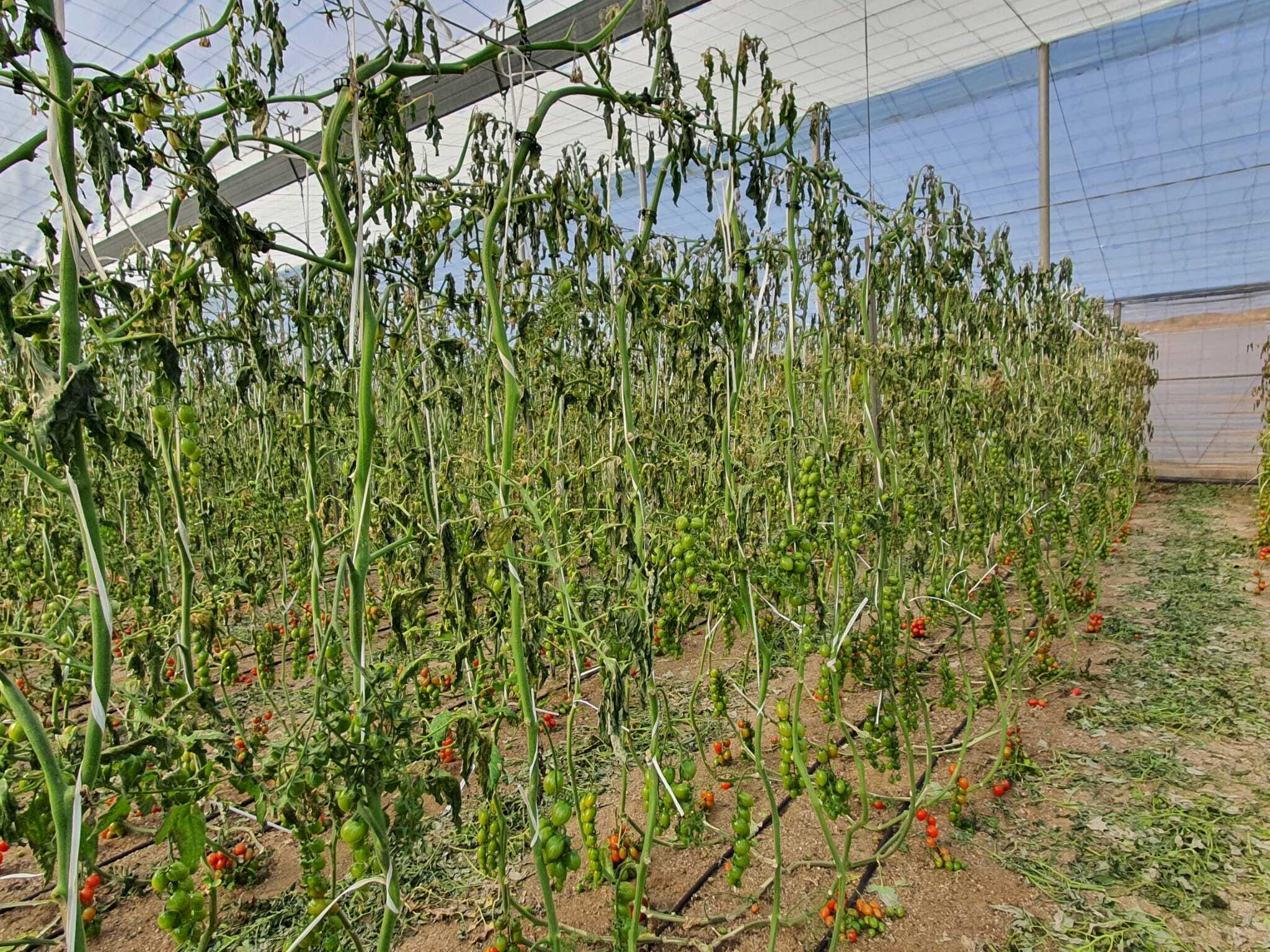Cold snap threatened Spain’s supplies and pushes up prices
Prices are high as there is no capacity to supply all the demand that exists, not even to meet most of the commercial agreements that the marketing companies had already closed.
The intense cold keeps the growth of plants and their fruits paralysed while also threatening to cause damage that could be irreparable at this point in the season. Farmers do not have enough volumes either in the field or in their warehouses to supply all orders.
According to the analysis carried out by Juan Carlos Pérez Mesa, professor of the department of economics and business at the University of Almería, “in percentage terms, the products that show the greatest increase are: aubergine, courgette and cucumber. These products have practically doubled in price in a week. The price of tomato grows almost 60%. The pepper is the product with the lowest increase (17%).”
The weekly monitoring data for tomato and cucumber available to COEXPHAL reflect that the rise in prices is due to a very significant drop in production. Pérez Mesa points out that in the case of tomatoes “the decrease during the first week of the year is 27% and the same figure will remain during the next week.” Similar is the behavior of cucumbers, whose volume could fall by 30% in week 2 of this year. In the case of courgette and aubergine, a similar behaviour is expected for the next few days.
The professor from the University of Almería recalls that
“although the price increase is always good news, it is not so much when they exceed the threshold at which the customer decides to stop buying.”
In addition, the significant drop in the number of kilos also compromises the profitability of farmers at a crucial time for the campaign. Everything indicates that this complicated situation will be extended in time as bad weather is forecast to continue.
Cold damage manifests in various ways, depending on the microclimate of the different production areas. In parts of the province furthest from the coast, such as Campohermoso and Berja, there have been nights with frost, reaching -4ºC at the end of December. There have been losses due to freezing in many farms, affecting 20% of the plants. In some cases, with relatively young plants, the entire greenhouse has been lost. In addition, he points out that
“in Berja, the frosts have brought forward the end of pepper cultivation in many places”.
Jan van der Blom warns that
“the cold causes the growth points to weaken, making it difficult to flower or set during a long season. Given this, many producers who had planned to carry out a long tomato campaign, are forced to cut the plants early to carry out a spring crop.”




